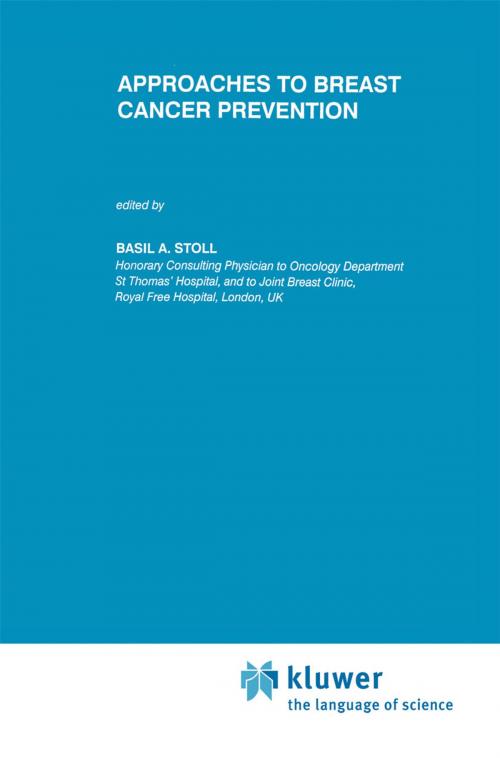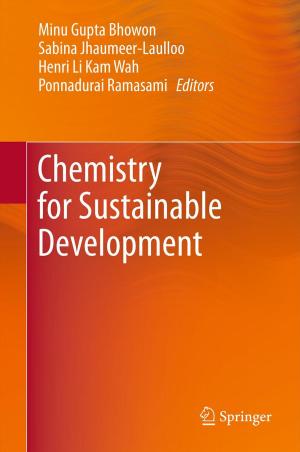Approaches to Breast Cancer Prevention
Nonfiction, Health & Well Being, Medical, Ailments & Diseases, Infectious Diseases, Epidemiology, Specialties, Oncology| Author: | ISBN: | 9789401137423 | |
| Publisher: | Springer Netherlands | Publication: | December 6, 2012 |
| Imprint: | Springer | Language: | English |
| Author: | |
| ISBN: | 9789401137423 |
| Publisher: | Springer Netherlands |
| Publication: | December 6, 2012 |
| Imprint: | Springer |
| Language: | English |
This book is a logical companion volume to Women at High Risk to Breast Cancer (Kluwer, 1989) edited by me previously. It distinguishes two aspects of current ap proaches to clinical breast cancer prevention. The first is the need to advise individ ual women on how they might reduce their personal risk, while the second is the design of measures aimed at reducing the total incidence of breast cancer in the community. While the former is a problem faced daily by clinicians, the latter is a goal which will involve large scale, carefully planned interventional studies. Because knowledge of the risk factors for breast cancer is incomplete and clinical trial reports are scarce, there is as yet, no scientifically-based model for personal breast cancer prevention. Nevertheless, widespread publicity associated with breast screening programmes has created a large group of highly anxious women who have been informed that they are at higher than average risk to the disease. They are con cerned by the personal threat posed by a family history of the disease and by the al leged dangers of obesity, diet, alcohol, or the use of hormonal agents such as oral contraceptives or hormone replacement therapy.
This book is a logical companion volume to Women at High Risk to Breast Cancer (Kluwer, 1989) edited by me previously. It distinguishes two aspects of current ap proaches to clinical breast cancer prevention. The first is the need to advise individ ual women on how they might reduce their personal risk, while the second is the design of measures aimed at reducing the total incidence of breast cancer in the community. While the former is a problem faced daily by clinicians, the latter is a goal which will involve large scale, carefully planned interventional studies. Because knowledge of the risk factors for breast cancer is incomplete and clinical trial reports are scarce, there is as yet, no scientifically-based model for personal breast cancer prevention. Nevertheless, widespread publicity associated with breast screening programmes has created a large group of highly anxious women who have been informed that they are at higher than average risk to the disease. They are con cerned by the personal threat posed by a family history of the disease and by the al leged dangers of obesity, diet, alcohol, or the use of hormonal agents such as oral contraceptives or hormone replacement therapy.















